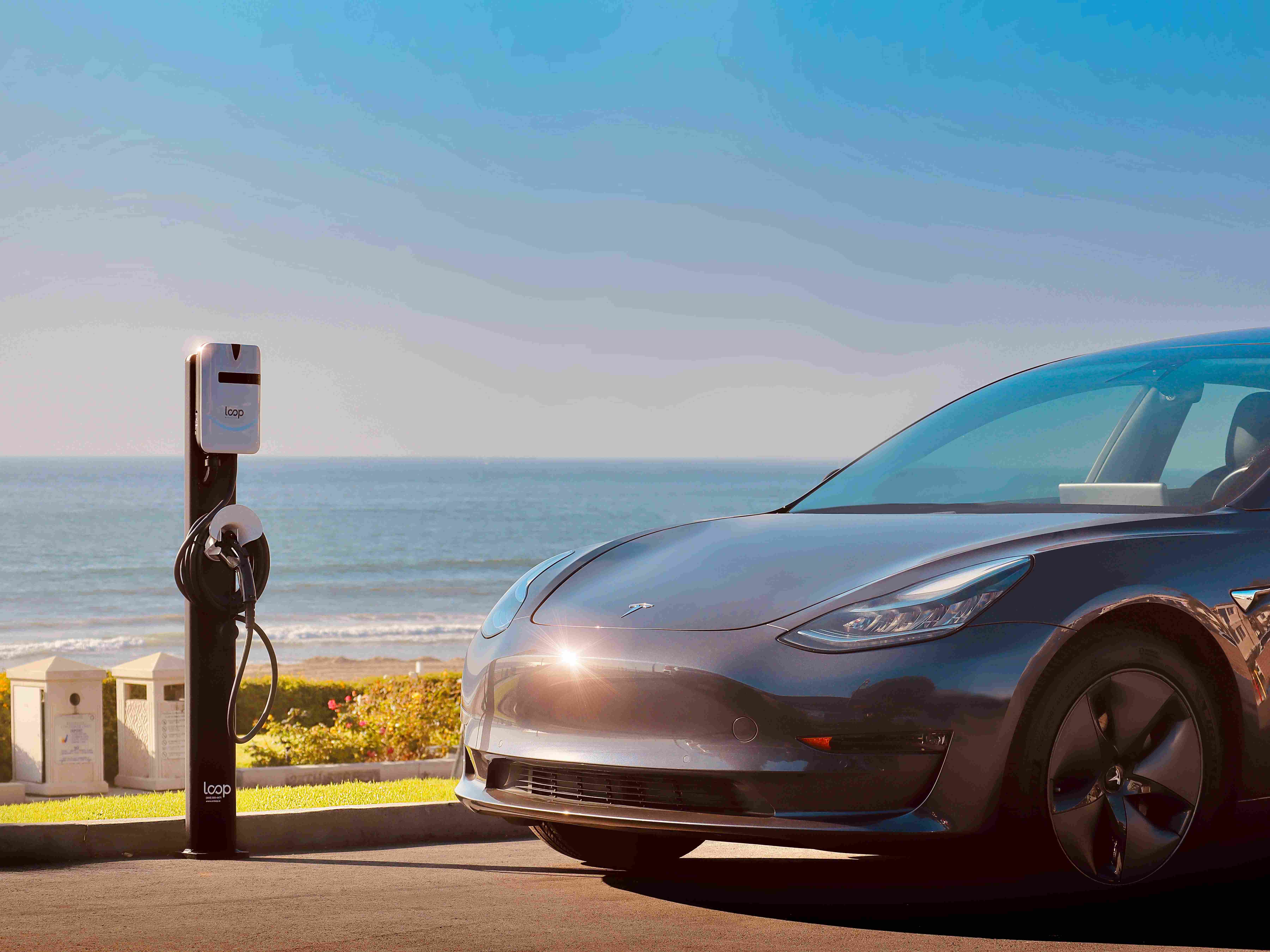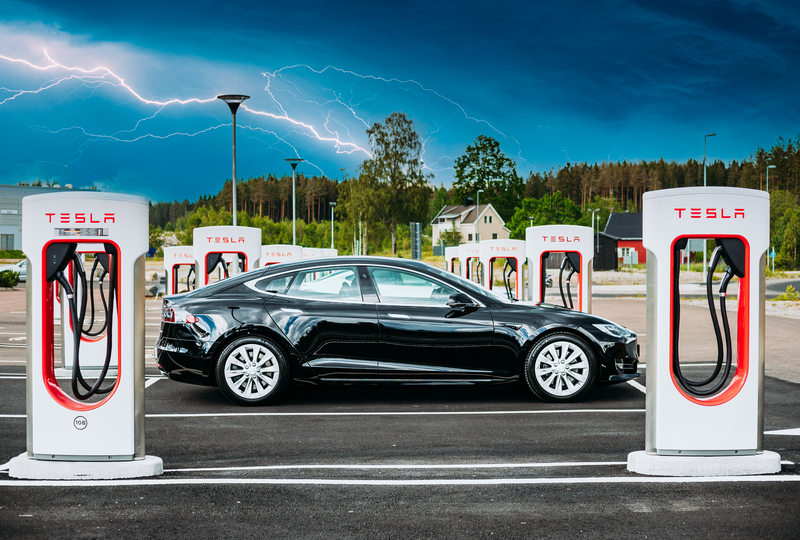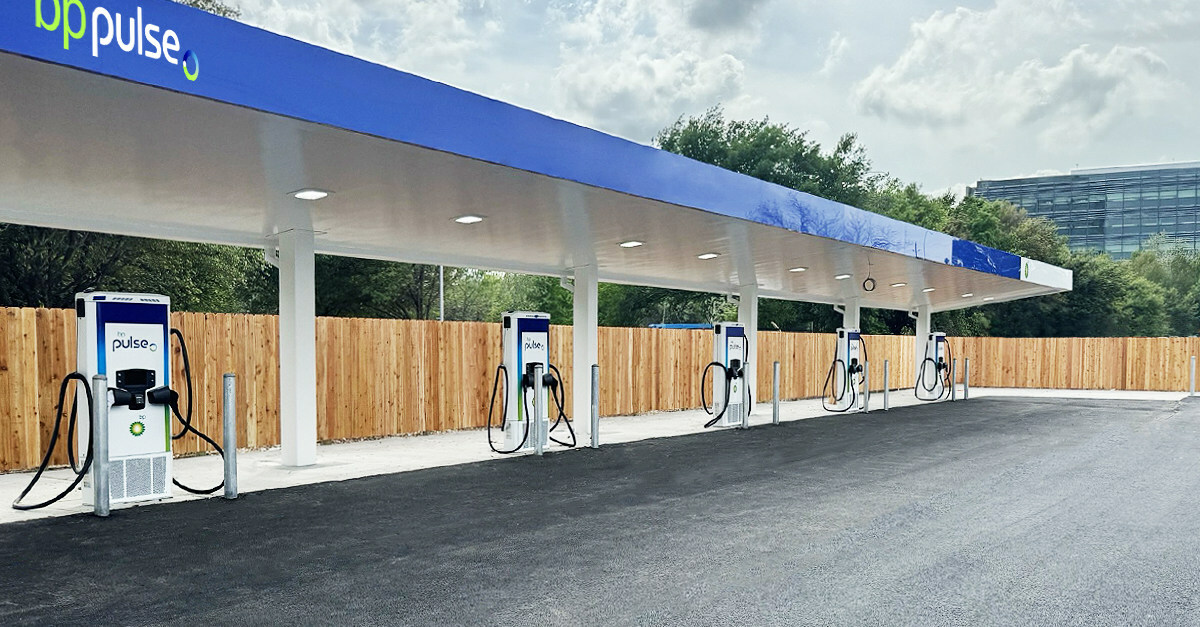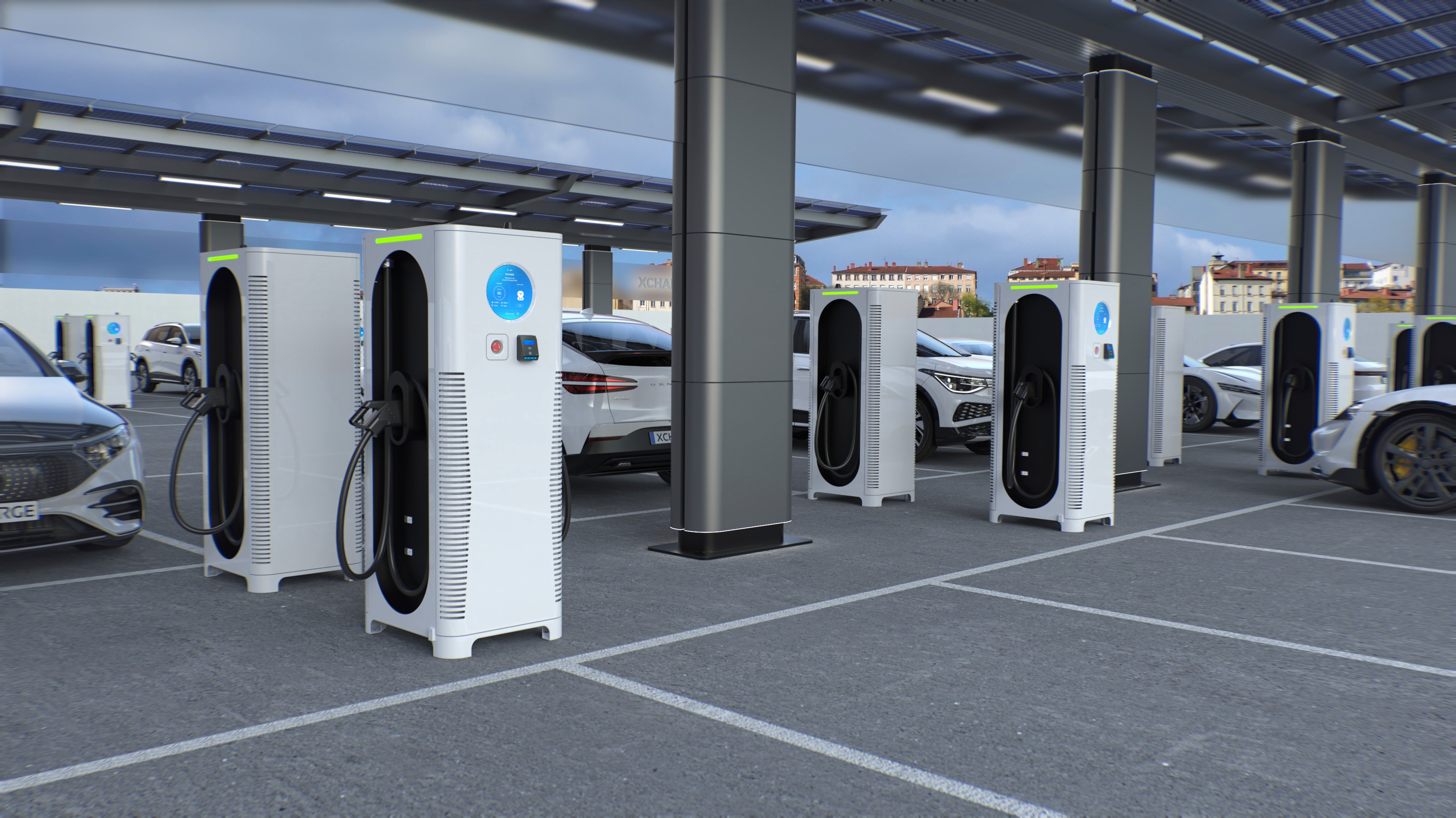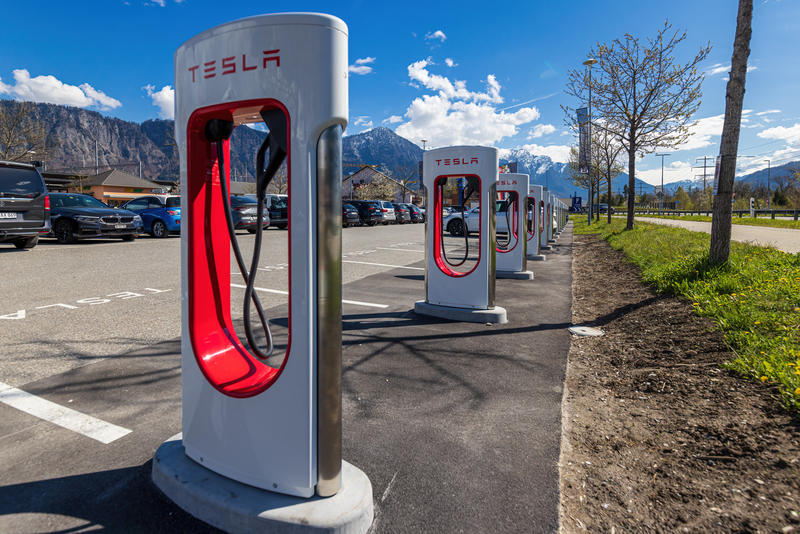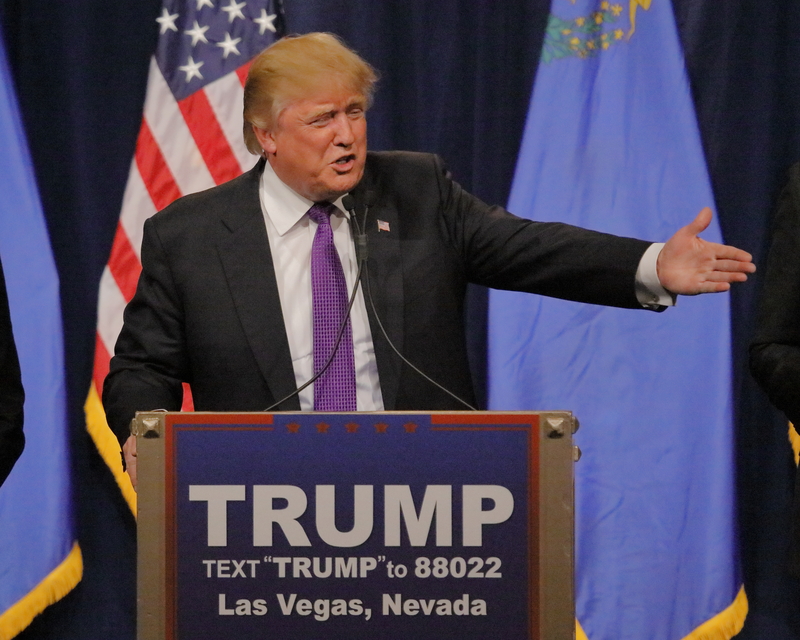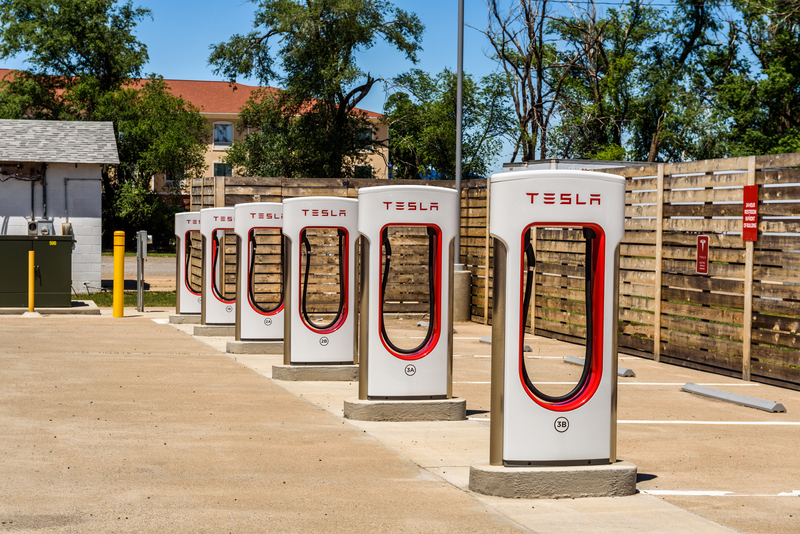
Tesla CEO Musk announced the decision in an internal memo to company staff on April 29, in a move that sees the departure of almost all of the 500-strong Supercharger team including senior director of EV charging Rebecca Tinucci.
On the face of it the move is very surprising given the importance of Tesla's extensive EV charging network, and with other major EV producers recently agreeing to use the company's NACS charging standard.
With a global network of 6,000 charging stations and over 50,000 Superchargers, Tesla says it owns and operates the largest global fast charging network in the world.
Alex Urist, North America VP at EV charging and energy solutions provider XCharge, commented on the Tesla lay-offs: "Our best guess is that this might indicate that Tesla will look to outsource Supercharger operations, but the truth of why remains within Tesla and much is left up to question beyond just the operation of these stations.
"These workforce changes prompt significant questions about talent retention, infrastructure development, and the overall perception of EV innovation. While an infusion of talent can ignite innovation, persistent negative public sentiment poses a threat to industry advancement. Establishing a robust charging infrastructure requires ongoing commitment and fostering positive industry perceptions.
"To navigate these complexities, we must adeptly manage immediate obstacles while keeping sight of our long-term goals — leveraging talent while proactively addressing industry stability and public perception concerns. We remain optimistic for the future of the industry as a whole, although aware of the setback that this presents for the short to medium term.”
Loren McDonald, CEO of EV analyst firm EVAdoption, said in a LinkedIn post that Tesla currently commands 62.5% of DC fast charging (DCFC) ports in the US; but based on the year-to-date run rate in 2024, the company was heading toward opening about 57% of all new DCFC ports.
McDonald added: "For a lot of Tesla buyers, the number one reason they choose to purchase or lease a Tesla is due to the ubiquity of Tesla fast chargers and Destination Chargers and the seamless charging experience. A signal to the market that Supercharger expansion might slow — could have the unintended consequence of some Tesla buyers opting for a different brand of EV, or no EV at all. And some potential buyers of non-Tesla BEVs may get concerned that they may not have as much access to Superchargers as they originally thought, that could also push some new car buyers to not buy a BEV."
Musk stated in a post on X: "Tesla still plans to grow the Supercharger network, just at a slower pace for new locations and more focus on 100% uptime and expansion of existing locations."



